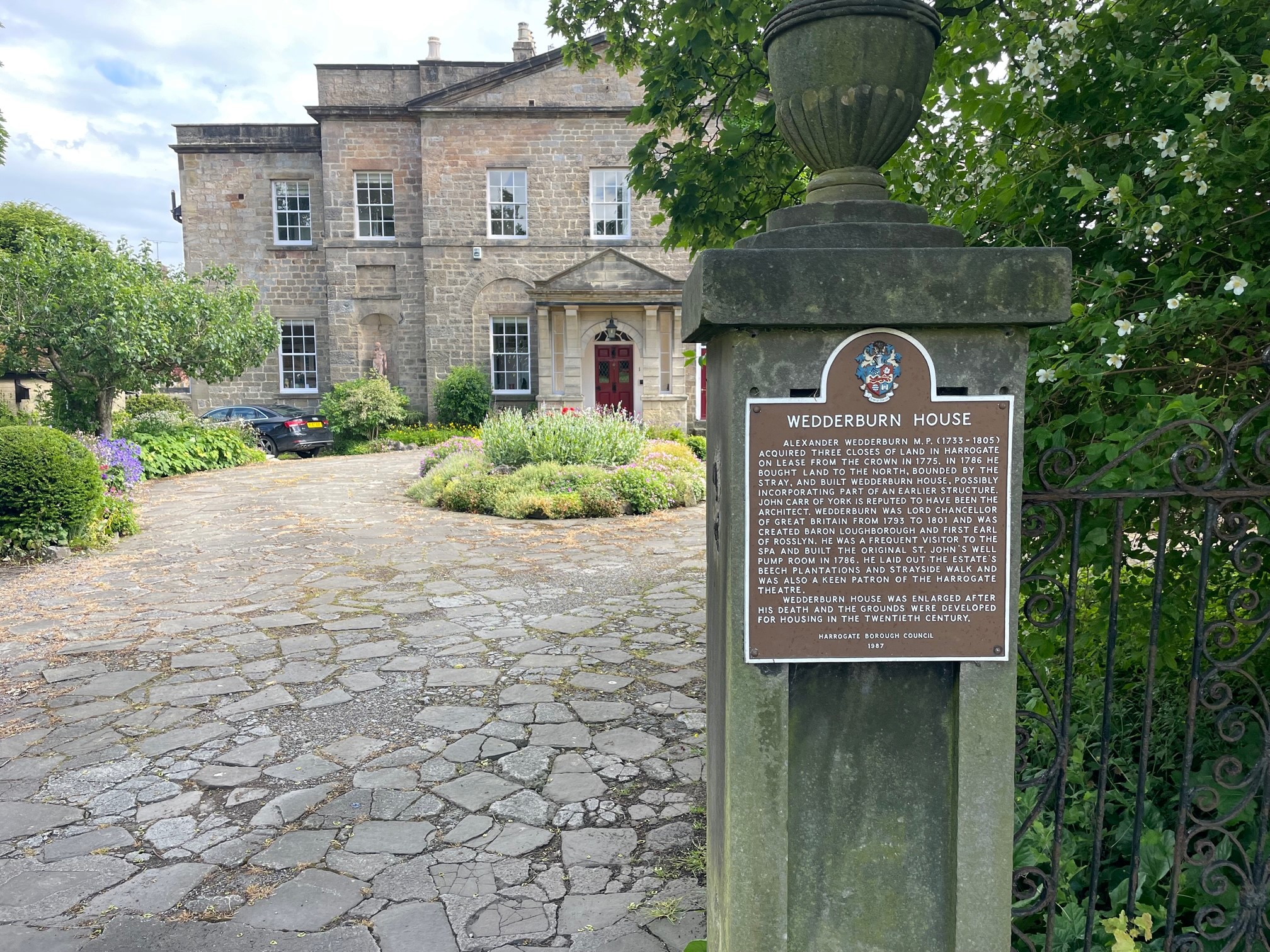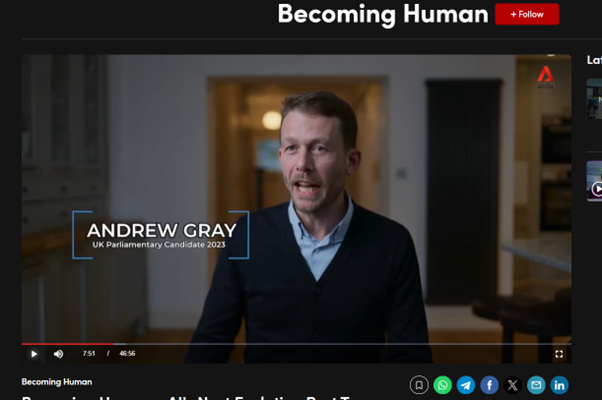The ultimate life lesson which lawyers usually learn faster than most people is that time is our most precious commodity. This is because lawyers record our time throughout the working day, splitting our days into 6-minute chunks.
- Reading file, six minutes.
- Email to the other side, 12 minutes.
- Case plan, 12 minutes.
Chronic health sufferers, with reduced energy reserves, quickly learn a similar lesson known as “Spoon Theory”.
- Getting showered, 1 unit of energy.
- Making breakfast for the family, 3 units of energy.
- Walking to the shop, 2 units of energy.
Wearing both hats, I guard my time fiercely. If I waste my money, I will be narked. But if I waste my time, boy I’m angry – angry with myself, because I have diminished my ability to make a positive impact. Saying “yes” to something means that I have to say “no” to something else. Reflecting on the preciousness of time leads me to consider the quality of my interpersonal relationships.
Controversially, candidly, I take this view with friends. I only want to spend my time with good people. But who are the right people to spend time with?
Brilliant (and notorious) Professor of Psychology Jordan Peterson educated me with his definition of a good friend – something I wish I had been taught at school. To paraphrase Peterson, he said that a good friend is someone who you can share good news with, and they will be delighted for you. Equally, you can share bad news with them, and they will be saddened to hear it. In short, ask yourself: does this person really, truly want the best for me?
My belief is that very few people have many very good friends. I have forever had the unsettling sense that some (supposed) good friends were secretly pleased if things hadn’t gone go so well for me.
And, why waste time with friends which aren’t truly good friends? Similarly, the same must be true for work colleagues.
The genius psychiatrist and psychotherapist Carl Jung discovered that the human unconscious contains the very essence of a person, usually expressed in their dreams. To delve into the unconscious of a patient, he found, a therapist would need to put their patient onto a couch, for a number of hours, perhaps, over a number of years, and then drill down into their patient’s dreams.
Jung and his colleague realised that this dream analysis process took far too long and couldn’t be scaled for mass usage. They discovered, as a quicker alternative method, a word association tool which provided a similar analysis of a patient. They created a list of 100 words. They would say a word from the list and demand that the patient responded with the first thing which popped into their head. This first response always revealed something deep about the patient. Fascinatingly, the real nuggets came from when a patient took too long to respond, or, even more usefully, when the patient refused to respond.
Their 100 words are below. Try them for yourself. Pick a word and then say out loud what immediately bursts into your head. I suggest that you do this when you are alone!
Then, as a useful thought experiment, why don’t you list the key people in your life, or work, and apply the same idea, noting your immediate response. In particular, pay attention to any delays to your answer. My view, unsupported by science, is that your deepest intuition about these people will spring to the surface, revealing something that, deep down, you know is true.
- head
- green
- water
- to sing
- dead
- long
- ship
- to pay
- window
- friendly
- to cook
- to ask
- cold
- stem
- to dance
- village
- lake
- pride
- sick
- to cook
- ink
- angry
- new
- to swim
- voyage
- blue
- lamp
- to see
- bread
- rich
- to tie
- to prick
- city
- yellow
- mountain
- to die
- salt
- new
- custom
- to pray
- money
- foolish
- pamphlet
- finger
- expensive
- to bear
- bird
- to fall
- book
- unjust
- to part
- fruit
- hunger
- white
- child
- to take care
- lead pencil
- to marry
- plum
- to see
- house
- dear
- glass
- to quarrel
- fur
- big
- carrot
- to paint
- part
- old
- flower
- to beat
- to box
- wild
- family
- to wash
- cow
- to find
- luck
- department
- narrow
- brother
- to fear
- stork
- false
- anxiety
- to kiss
- bride
- proud
- pure
- to die
- to choose
- contented
- to ride
- chocolate
- to sleep
- moon
- month
- woman
- to abuse










